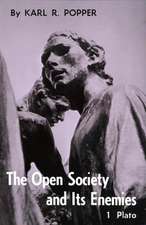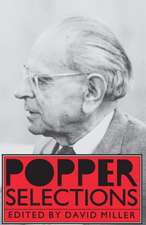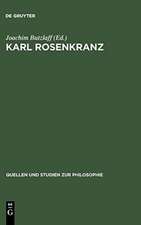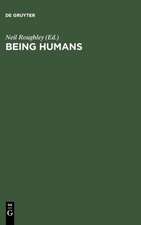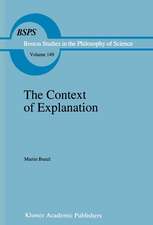Open Society and Its Enemies, Volume 2 – The High Tide of Prophecy: Hegel, Marx, and the Aftermath
Autor Karl R. Popperen Limba Engleză Paperback – 30 iun 1992
In the book, Popper condemned Plato, Marx, and Hegel as holists and historicists--a holist, according to Popper, believes that individuals are formed entirely by their social groups; historicists believe that social groups evolve according to internal principles that it is the intellectual's task to uncover. Popper, by contrast, held that social affairs are unpredictable, and argued vehemently against social engineering. He also sought to shift the focus of political philosophy away from questions about who ought to rule toward questions about how to minimize the damage done by the powerful. The book was an immediate sensation, and--though it has long been criticized for its portrayals of Plato, Marx, and Hegel--it has remained a landmark on the left and right alike for its defense of freedom and the spirit of critical inquiry.
Preț: 228.17 lei
Nou
Puncte Express: 342
Preț estimativ în valută:
43.66€ • 45.71$ • 36.13£
43.66€ • 45.71$ • 36.13£
Carte tipărită la comandă
Livrare economică 05-19 aprilie
Preluare comenzi: 021 569.72.76
Specificații
ISBN-13: 9780691019727
ISBN-10: 069101972X
Pagini: 432
Dimensiuni: 141 x 215 x 25 mm
Greutate: 0.51 kg
Ediția:Rev
Editura: Princeton University Press
Locul publicării:Princeton, United States
ISBN-10: 069101972X
Pagini: 432
Dimensiuni: 141 x 215 x 25 mm
Greutate: 0.51 kg
Ediția:Rev
Editura: Princeton University Press
Locul publicării:Princeton, United States
Descriere
Condemns Plato, Marx, and Hegel as "holists" and "historicists". The author tells that a holist believes that individuals are formed entirely by their social groups; historicists believe that social groups evolve according to internal principles that it is the intellectual's task to uncover.

